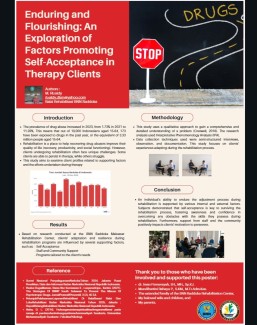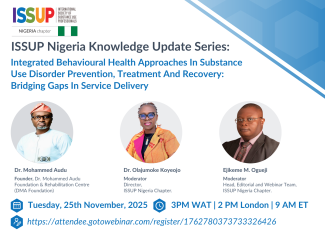Applying interventions designed to reduce and manage the symptoms of substance use disorders.
Treatment
Can a "treatment specialist" also be seen as a "prevention specialist" and vice versa?
A contribution by Jeff Lee from the ISSUP INEP Plus facilitators training course.

Combined Pharmacological and Cognitive Behavioral Therapy for Gambling Disorder in an Adult Male with ADHD: A Case Report
Background Individuals who experience gambling addiction often face problems in family relationships, job loss, and financial difficulties. Gambling problems worsen when accompanied by substance use. Case Presentation A 28-year-old man was...
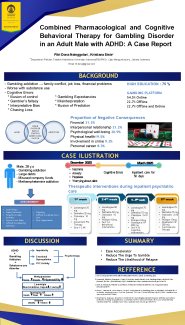
GLP-1 RAs and Substance Use Disorder Treatment: The Potential and Emerging Challenges
Background: Glucagon-like peptide-1 receptor agonists (GLP-1 RAs) are revolutionizing the management of type 2 diabetes and obesity. Exciting new research suggests these medications may also hold immense promise for treating substance use...
Navigating stigma: a qualitative study of barriers to opioid treatment engagement in Tanzania
Background Stigma related to drug use is a well-documented barrier to engaging and remaining on medication for opioid use disorder (MOUD), yet little is known about how stigma operates across multiple social and institutional settings in...
Adherence to mHealth quit smoking application ‘stopcoach’ on top of evidence based smoking cessation counselling: association with participant characteristics and long-term abstinence
Background Smoking is more common in lower socioeconomic position (SEP) groups, but smoking cessation interventions are less effective for these groups. StopCoach, an mHealth intervention, supports people with lower SEP in quitting smoking...
Integrating Community-Based Interventions for Sustainable Addiction Recovery: A Case Study of Social Challenges and Rehabilitation Efforts in Sungai Asap, Belaga, Sarawak, Malaysia
Addiction remains a critical global challenge, requiring innovative, integrated, and sustainable approaches for effective rehabilitation and social reintegration. The growing prevalence of substance abuse, particularly in marginalized...
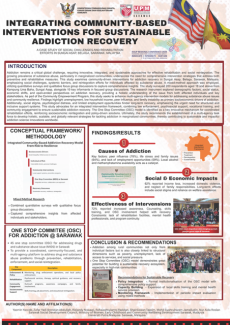
Development, Implementation, and Validation of a Psychiatric Mental Health Nursing Competency Framework in the United Arab Emirates
Muneer, Ahmad; Hossany, Ashick¹; Marden, Michelle¹; Arnold, Jane¹; Walker, Helen¹; Moriarty, Jenny¹; Shitta, Anu¹; Meehan, Jennifer¹; Neil, Claire²; Forbes, David¹ ¹ Maudsley Health, Al Amal Hospital, Abu Dhabi, UAE ² Independent Consultant...
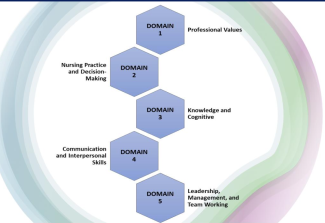
Cognitive Behavioural-Spiritual Counselling Model (CBT-Spiritual) in Resiliency Enhancement for People with Substance Abuse Disorder
Drug abuse is increasingly concerning, requiring a rehabilitative approach through effective counselling by the Indonesian Government by strengthening drug prevention and eradication, because drug abuse in Indonesia is increasingly...
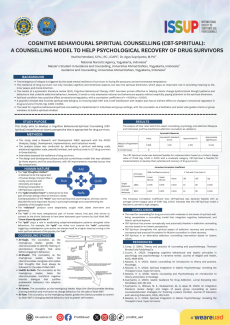
Enduring and Flourishing: An Exploration of Factors Promoting Self-Acceptance in Therapy Clients
Substance abuse in Indonesia is on the rise each year. Rehabilitation centers play a crucial role in helping individuals recover from addiction and improve their quality of life (recovery, productivity, and social functioning). However...
